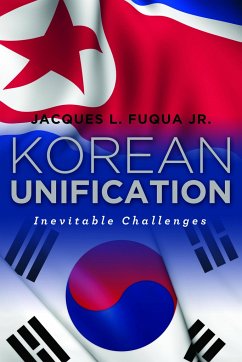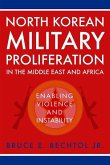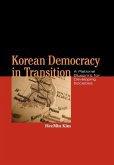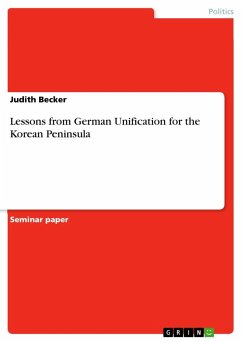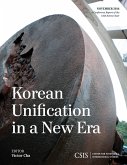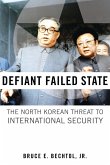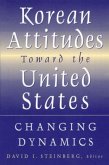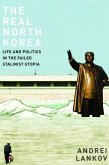This title posits a unified Korea in a post - Cold War world will be difficult to achieve because of the historical relationship between northern and southern Korea and present-day inter-Korean polemics. It examines the challenges of Korean unification from the inter-Korean perspective and the interests of regional powers. It attempts to anticipate unification's negative consequences, such as poverty and destabilization, and how to handle them. Since the conclusion of World War II, the Korean people and the international community have contemplated a unified peninsula, but a divided Korea remains one of the last visible vestiges of the Cold War. What will removing this Cold War spectre entail? And with what should it be replaced? Similar to the unification of former East and West Germany, merging North and South Korea is likely the only means of achieving stability and lasting peace on the peninsula. However, after sixty-three years of a divided existence - South Korea thriving as a democracy and North Korea barely subsisting as a Stalinist nation - this task will be monumental. What form of government would likely emerge given the North Korean regime's practice of completely controlling its population? How would its citizens, indoctrinated by decades of Juche ideology, be assimilated into a larger community of capitalists? What would become of North Korea's 1.2-million-man military? And how would a reunified government exercise control over the north's starving masses? These questions are only some of the core issues addressed in "Korean Unification: Inevitable Challenges". Jacques Fuqua Jr. argues that diplomatic, humanitarian, cultural, and military solutions must coincide to create peace and stability in the Korean Peninsula that could thus extend to Asia.
Bitte wählen Sie Ihr Anliegen aus.
Rechnungen
Retourenschein anfordern
Bestellstatus
Storno

